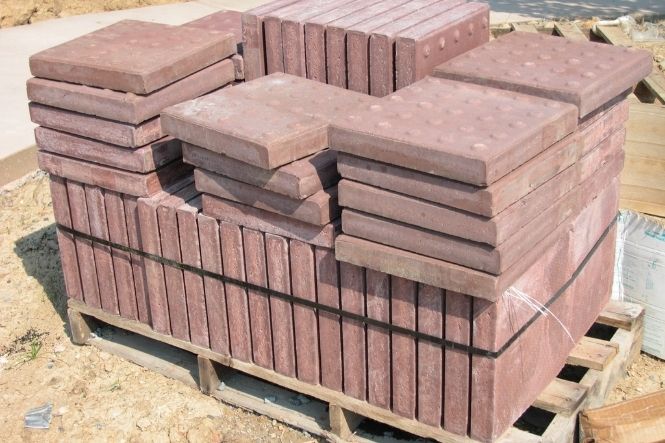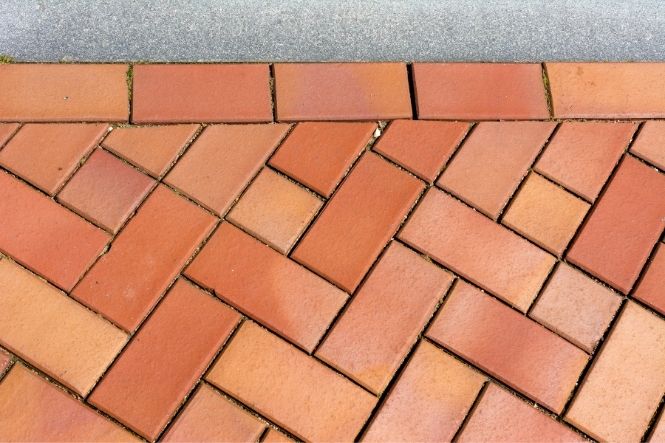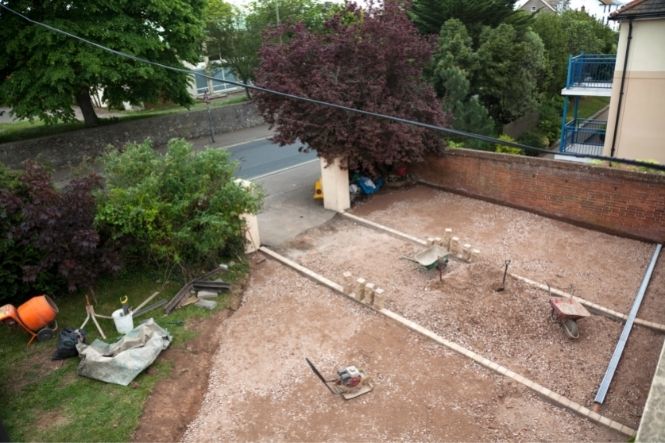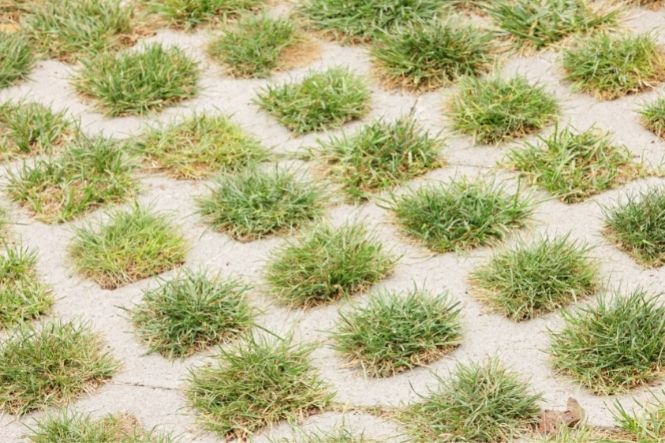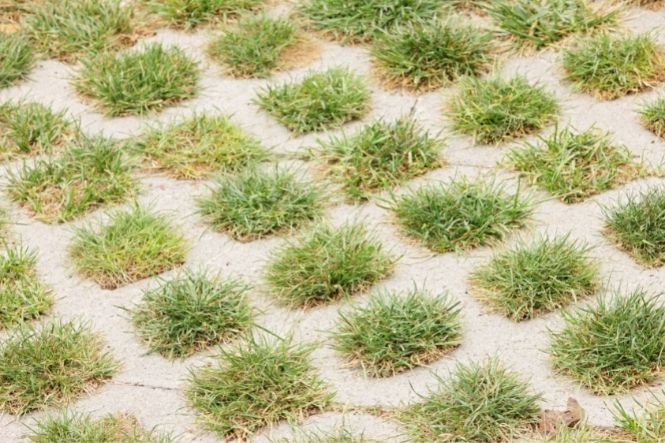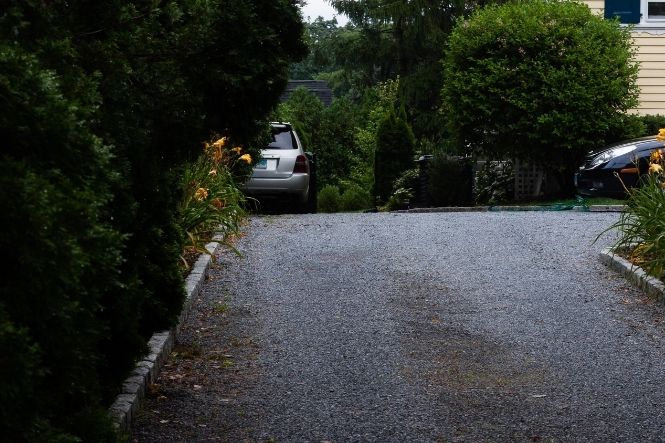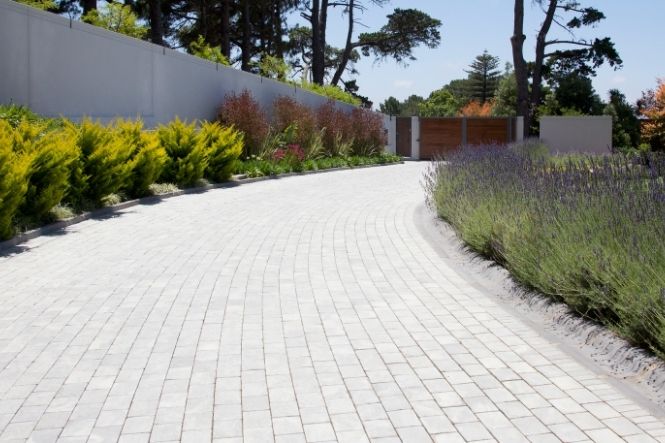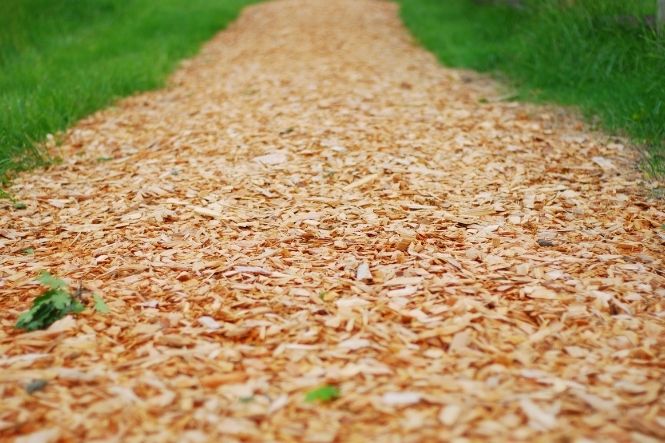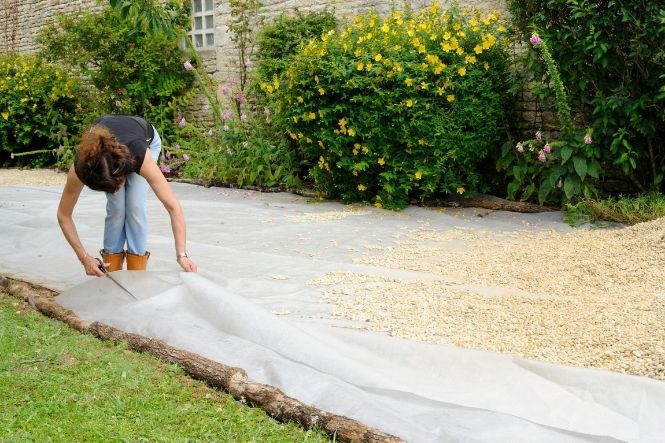Tactile Driveway Surfaces
Tactile paving is the name for the special paving with raised textures. You may have seen them at road crossings where there are paving slabs with raised ‘blisters’ intended to be felt, through the shoes, by people who are unable to see the crossing point. They are also used in …

